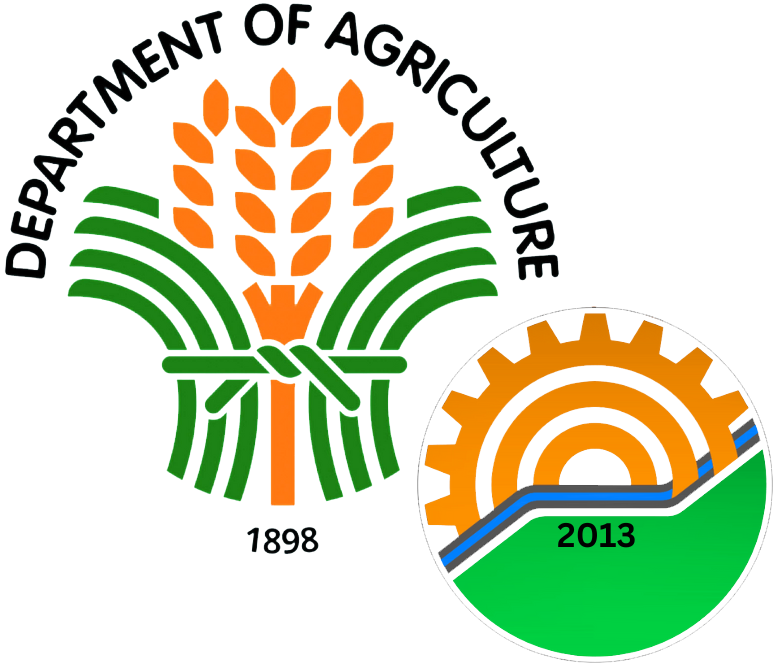
Science, technology and innovation (STI) have been in the global spotlight during the COVID-19 pandemic proving to be one of humanity’s most valuable resources for responding to global challenges and advancing the well-being of current and future generations.
At this conjuncture, the potential of STI to build resilience against and prevent future crises and to support progress toward realizing the aspirations of the 2030 Agenda for Sustainable Development is clear.
The seventh annual Multi-Stakeholder Forum on Science, Technology and Innovation for the SDGs was organized by the UN interagency task team on STI for the Sustainable Development Goals (SDGs), convened by UN-DESA and UNCTAD, and the 10-Member Group of high-level representatives appointed by the United Nations Secretary General.
As in previous years, the theme of the STI Forum is closely aligned with that of the High-Level Political Forum (HLPF) on Sustainable Development but have an exclusive focus on the role and contributions of STI. The HLPF 2022 will take into account the different and particular impacts of the COVID-19 pandemic across all and the integrated, indivisible and interlinked nature of the Goals.
Accordingly, the theme for the STI Forum 2022 is “Science, technology and innovation for building back better from the coronavirus disease (COVID-19) while advancing the full implementation of the 2030 Agenda for Sustainable Development.”
The thematic session on “Science, technology and innovation at the COVID-19 conjuncture” was held on May 5, 2022. In his opening message, Mr. Kennedy Godfrey Gastorn, the Ambassador and Permanent Representative of Tanzania to the United Nations and Co-Chair of the 2022 STI Forum, said that the session explores lessons from the COVID-19 pandemic for a better science-policy-society interface, a resilient, sustainable and inclusive recovery, and rapid solutions for global challenges.
The speakers in the session consider how science can prepare for a future with pandemics, extreme weather, and other risks and build toward long-term resilience. The discussion was based on recent STI trends, outlooks, and socio-economic impacts, and the role of STI in the recovery from COVID-19. It featured emerging science and technology, discussed what it means for development perspectives and explore options for the way forward.
Event moderator, Ms. Quarraisha Abdool Karim, said that the COVID-19 pandemic is an acute reminder on how important and how central science was to move us in a time of uncertainty, fear, and anxiety. But importantly we’ve also seen as we move towards building back better and stronger that we still have COVID with us, she added.
Karim further emphasized COVID-19’s impact on lives, livelihoods, on rights being violated, increase in conflicts, displaced populations, inequalities “that underpin our aspirational goals” as articulated in the Sustainable Development Goals have never been more pronounced, and “we have to address them.”
COVID has set new bars in terms of open access, working together, a sharp reminder of our interdependence and shared vulnerabilities that we live in one planet, one nation, and one world.
Meanwhile DA-BAFE Asst. Dir. Engr. Juana Tapel, PhD, a Research Fellow at the University of Minnesota, represented the Science and Technology Major Group of the World Federation of Engineering Organizations (WFEO) in the thematic session.
Dr. Tapel said that “it is a privilege to present this intervention” as the past chairperson of Women Engineers Network of the Philippine Technological Council, a member of the World Federation of Engineering Organizations, the only global platform for engineering and shared practices representing 100 nations and some 30 million engineers.
As an Agricultural and Biosystems Engineer, Dr. Tapel is responsible for sustainable agricultural production for food security and environmental protection to mitigate climate change.
According to Dr. Tapel, the COVID-19 pandemic has negatively disrupted agricultural production and food security in the Philippines, due to national lockdowns. The smallholder farmers were not permitted to purchase essential supplies resulting in reduced food production efficiency. There were food shortages in the metropolis but an oversupply in the production areas because of unforeseen distortion in distribution systems. Access to safe and nutritious food was also limited as many people became jobless due to closures of many businesses. Challenging transportation and distribution resulted to wastages due to food perishability. Similarly agricultural machinery suppliers were unable to service and supply machinery directly impacting food supply. Decomposing food contributed to climate change through methane gas emission.
Engineering and technology are the innovative solution, Dr. Tapel pointed out. First, harnessing digital technology in the logistical distribution of agricultural products. Second, offering QR coded IDs for agricultural machinery servicing for tracking at checkpoints. Third, minimizing wastage with timely distribution within the value chains. Fourth, utilizing agri-fishery products as relief assistance in affected areas or in quarantine facilities.
It’s time to turn this crisis into an opportunity as we move towards the new normal. Our global responses to COVID-19 must include farmers and small landholders as one of the vulnerable yet essential services. Engineers in the agriculture sector can transform food systems for security, sustainability, and resilience in a healthy environment, Dr. Tapel concluded. ###???????????????????????????????? ???????????????????? ????????????????
















